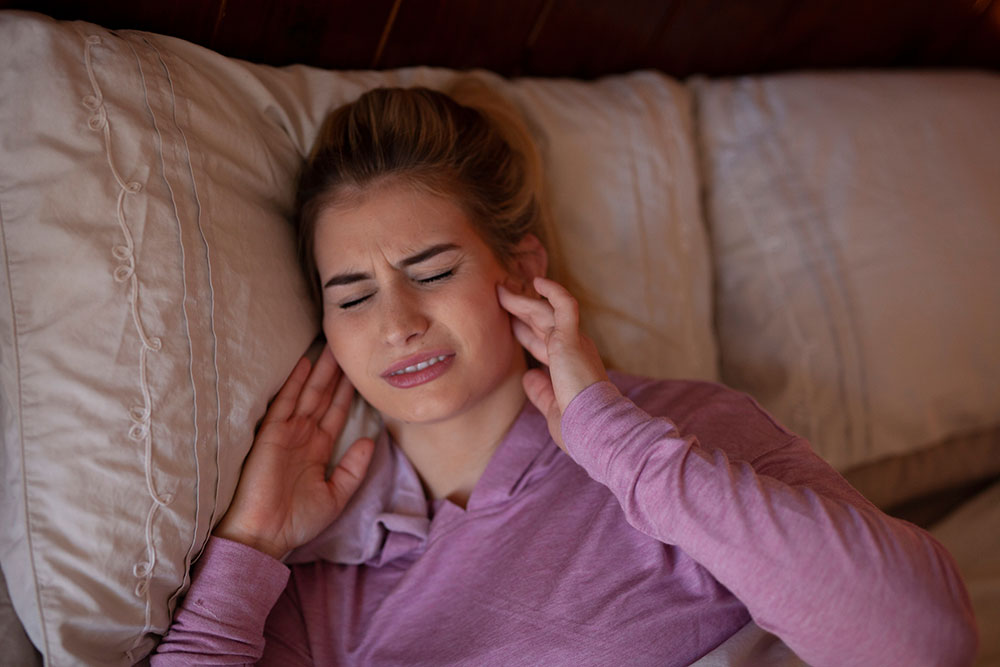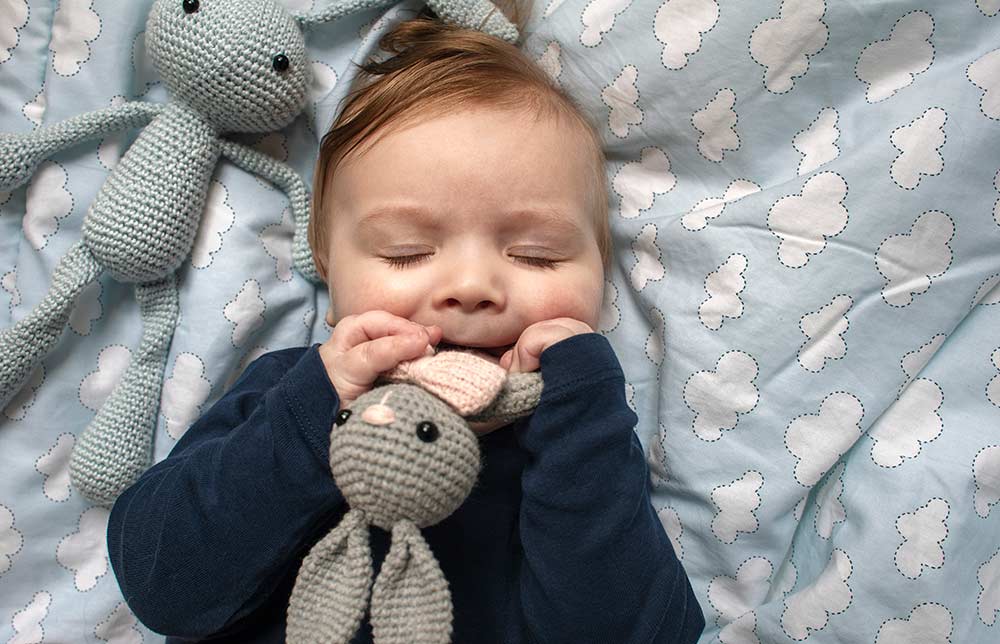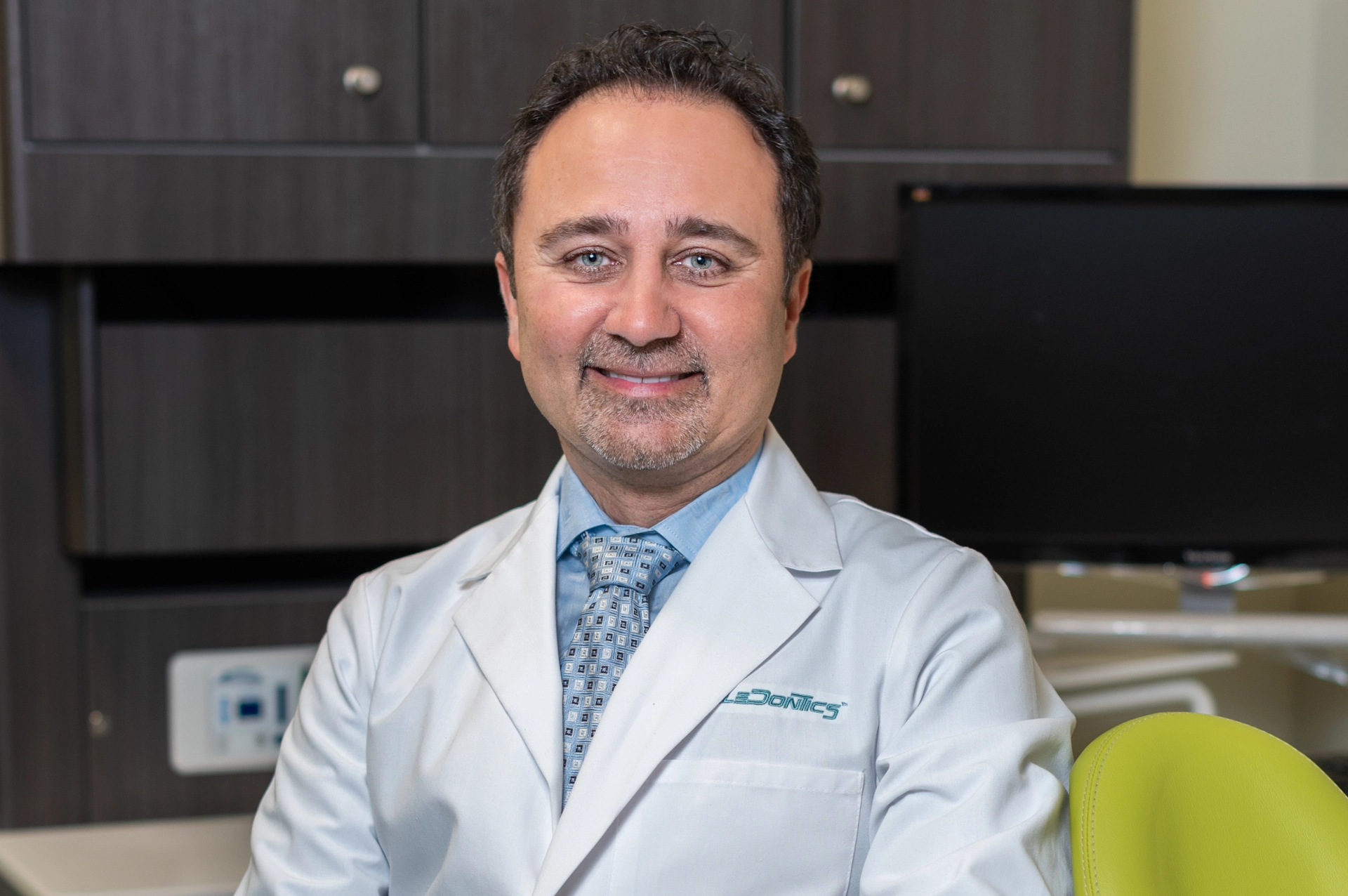
Are you curious about what causes teeth grinding?
There are a few things you should know about teeth grinding (often called bruxism by dentists). One is that it’s common for people to grind their teeth at any time of day. Some people grind their teeth during the day, continuously. Other people grind their teeth at night while sleeping.
Cedars-Sinai says that teeth grinding affects “up to one-third of adults in the daytime and more than 1 in 10 in their sleep.”
It is also very common for babies and toddlers to grind their teeth. In fact, nearly 50 percent of babies grind their teeth at some point. And, as I told Fatherly, most kids grind their teeth as a matter of exploration.
The other thing to know is that grinding teeth can do damage to your tooth structure. It may cause fractures and other dental issues, both in children and in adults. This means that if you or your children are prone to tooth grinding, It may be a very good idea to figure out why the grinding is happening and what you can do to prevent it.
What causes teeth grinding in adults?
Adults grind their teeth for a variety of reasons. These might include:
Stress and Anxiety
When the body experiences stress, it can trigger the release of certain hormones, including cortisol, which can cause muscles to tighten and become tense. This tension can affect the muscles in the jaw and lead to teeth grinding.
In addition to the physical effects of stress, psychological factors can also contribute to bruxism. For example, people who experience anxiety or worry may be more likely to clench or grind their teeth as a way to cope with these feelings.
Medications
Several types of medications have been linked to teeth grinding. Of particular interest are certain antidepressants, antipsychotics, and stimulants. These medications can affect the levels of serotonin, dopamine, and norepinephrine in the brain, which can alter muscle activity including the jaw muscles.
Sleep Disorders
A number of common sleep disorders, including obstructive sleep apnea, have been known to cause teeth grinding. When sleep patterns are disrupted, it can lead to increased muscle tension and arousal during sleep, which can contribute to teeth grinding.
Alcohol and Drug Use
Alcohol is a depressant that can affect the central nervous system, leading to increased muscle tension and relaxation. This can result in bruxism, as the muscles in the jaw become more active and may grind together during sleep or while awake. Drug use, particularly stimulant drugs such as cocaine and amphetamines, can also contribute to tooth grinding.
Abnormal Bite
There is a connection between an abnormal bite, also known as malocclusion, and teeth grinding. When the teeth do not fit together properly, it can cause muscle tension and discomfort in the jaw. The body may respond to this discomfort by clenching or grinding the teeth.
Why do babies grind their teeth?

Babies may start grinding their teeth for several reasons, including:
Teething
When a baby’s teeth start to come in, they may grind their teeth as a way to relieve discomfort or pain.
Exploration
Some babies may grind their teeth as a way to explore their new teeth and the sensation of having teeth in their mouth.
Stress
Babies can also experience stress and anxiety, just like adults, which can cause them to grind their teeth.
Earache or infection
Sometimes, grinding teeth can be a sign of an earache or infection.
Neurological conditions
In rare cases, teeth grinding in babies can be a sign of a neurological condition such as cerebral palsy or epilepsy.
How to stop grinding teeth
In both children and adults, teeth grinding can be a cause of concern. In some cases, the activity will go away as the causes are resolved. But, as you can see, some of the causes are hard to resolve.
In children, as I told Fatherly, “Tooth grinding isn’t anything to worry too much about, but it is one of the many reasons it’s good to establish dental care for your baby even before their first teeth come in.”
In adults, a dentist may recommend one or more of the following:
- A mouth guard (often called a night guard)
- Muscle relaxants
- Physical therapy
- Therapy to help in reducing stress
- The development of better sleep hygiene to reduce nighttime teeth grinding
- Other lifestyle changes, such as quitting alcohol or drugs
If you are concerned about the causes of teeth grinding for you or your family, talk to your dentist straight away.
Learn more about oral health in Dr. Kami’s new book, If Your Mouth Could Talk!

